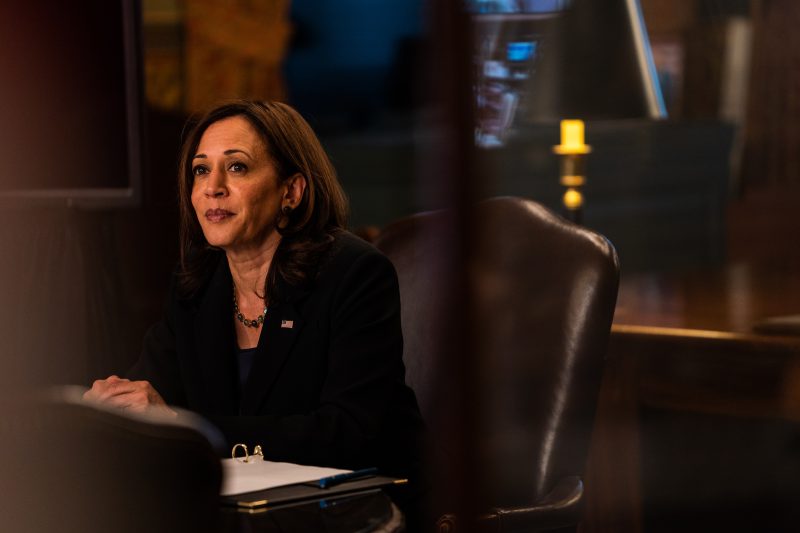In a political landscape dominated by uncertainty and rapid change, the management style of prominent figures often comes under scrutiny. Kamala Harris, the Vice President of the United States, has faced criticism for the way she ran her office during her time as a prosecutor. Harris, a former attorney general of California and senator, has been known for her tough approach to law enforcement and criminal justice issues.
One key aspect of Harris’s leadership style that has drawn criticism is her prosecutorial mindset. According to reports, Harris ran her office with a strict adherence to the rules and a focus on achieving concrete results. While this approach may have been effective in ensuring accountability and driving outcomes, it also created tension among some staff members who may have preferred a more collaborative and empathetic leadership style.
Harris’s emphasis on efficiency and productivity, typical of a seasoned prosecutor, may have been at odds with the expectations of those who value a more nurturing and inclusive work environment. This clash of leadership styles could have led to dissent and dissatisfaction within her office, potentially hindering the team’s overall effectiveness and cohesion.
Moreover, Harris’s prosecutorial background may have influenced her decision-making and problem-solving approaches, possibly limiting her ability to consider alternative perspectives and adopt a more holistic approach to complex issues. Her strong emphasis on following protocol and precedent, while essential in a legal setting, might have restricted innovation and creative thinking within her office.
While Harris’s prosecutorial style of leadership may have yielded certain benefits, such as a clear direction and swift decision-making, it also had its downsides. The rigidity and strictness associated with this approach may have alienated some team members and created a less inclusive and empowering work environment.
As Vice President, Harris now faces the challenge of adapting her leadership style to a broader political landscape that demands a more nuanced and diverse approach. Moving forward, she may need to balance her prosecutorial instincts with a more empathetic and collaborative leadership style, taking into account the diverse perspectives and needs of her team and constituents.
Ultimately, Harris’s tenure as a prosecutor-turned-politician highlights the complexities and challenges of transitioning leadership styles across different roles and contexts. While her prosecutorial background may have shaped her leadership style in the past, her success as Vice President will depend on her ability to evolve and adapt to the demands of her new position. Only time will tell how Harris navigates these competing demands and forges a leadership style that resonates with a broader audience.

